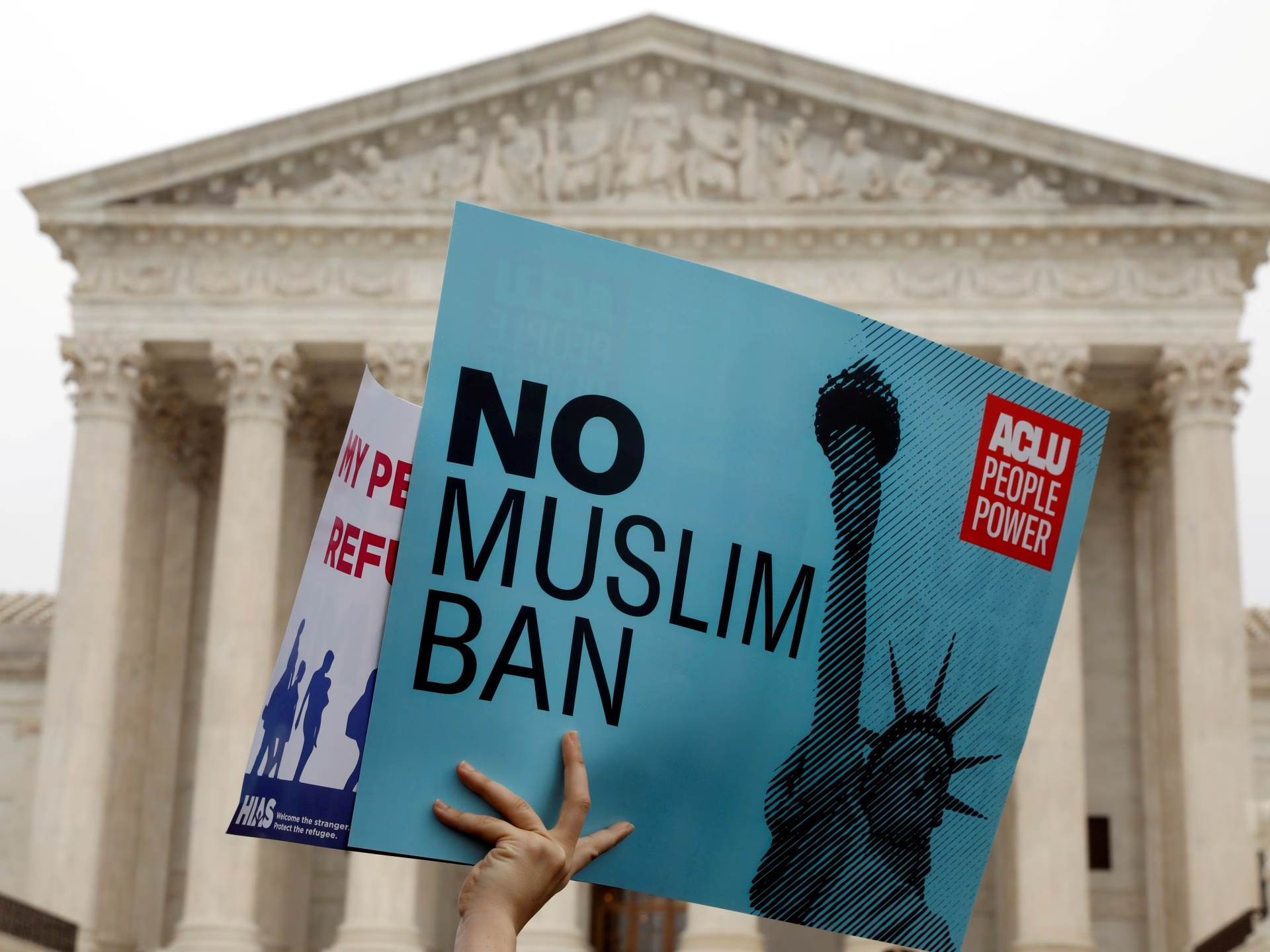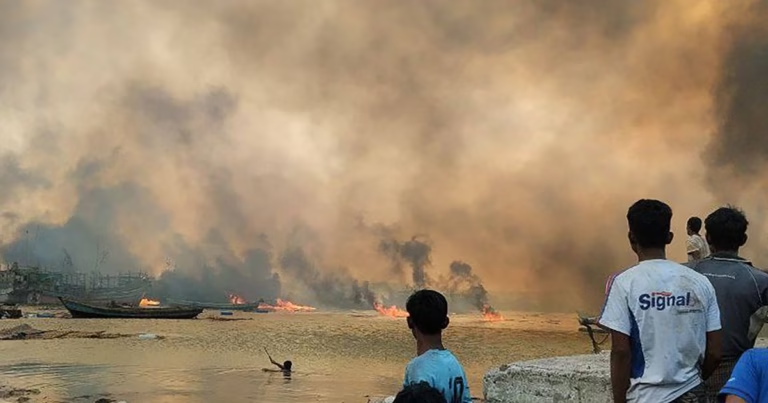Following a report by The New York Times, the upcoming travel ban may impact citizens from up to 40 countries.
Citing unnamed sources, the article stated that there is a draft list from the U.S. government that includes 43 countries, organized into three categories for travel restrictions.
The first category, which includes ten countries like Afghanistan, Iran, Syria, Cuba, and North Korea, would face a complete visa suspension.
In the second category, five countries—Eritrea, Haiti, Laos, Myanmar, and South Sudan—would experience partial suspensions on tourist visas, student visas, and other immigrant visas, with some exceptions.
Twenty-six countries, including Belarus, Pakistan, and Turkmenistan, comprise the third category, where there would be a possible partial suspension of U.S. visa issuance if these countries’ governments do not address their shortcomings within 60 days, as stated in the draft memo.
A U.S. official, speaking under anonymity, informed Reuters that the list might still undergo changes and is pending approval by the administration, including Secretary of State Marco Rubio.
On January 20, Trump issued an executive order for stricter security screening of individuals seeking entry into the U.S. to identify potential security threats.
The order required cabinet members to submit a list of countries with inadequate “vetting and screening information” by March 21, proposing partial or full suspension of travel from these nations.
Trump’s indirective is part of his more stringent immigration policy introduced in his second term. He had anticipated this in an October 2023 speech, proposing restrictions on individuals from regions such as the Gaza Strip, Libya, Somalia, Syria, Yemen, and any “place that threatens our security.”
However, the latest travel ban proposal echoes Trump’s first-term policy of banning travelers from seven Muslim-majority countries, which underwent numerous changes before being upheld by the Supreme Court in 2018.
This earlier ban targeted citizens of Iran, Iraq, Libya, Somalia, Sudan, Syria, and Yemen and resulted in international criticism and domestic legal challenges. Iraq and Sudan were eventually dropped from the list, and in 2018, the Supreme Court validated a subsequent version of the ban, which also affected North Korea and Venezuela.







